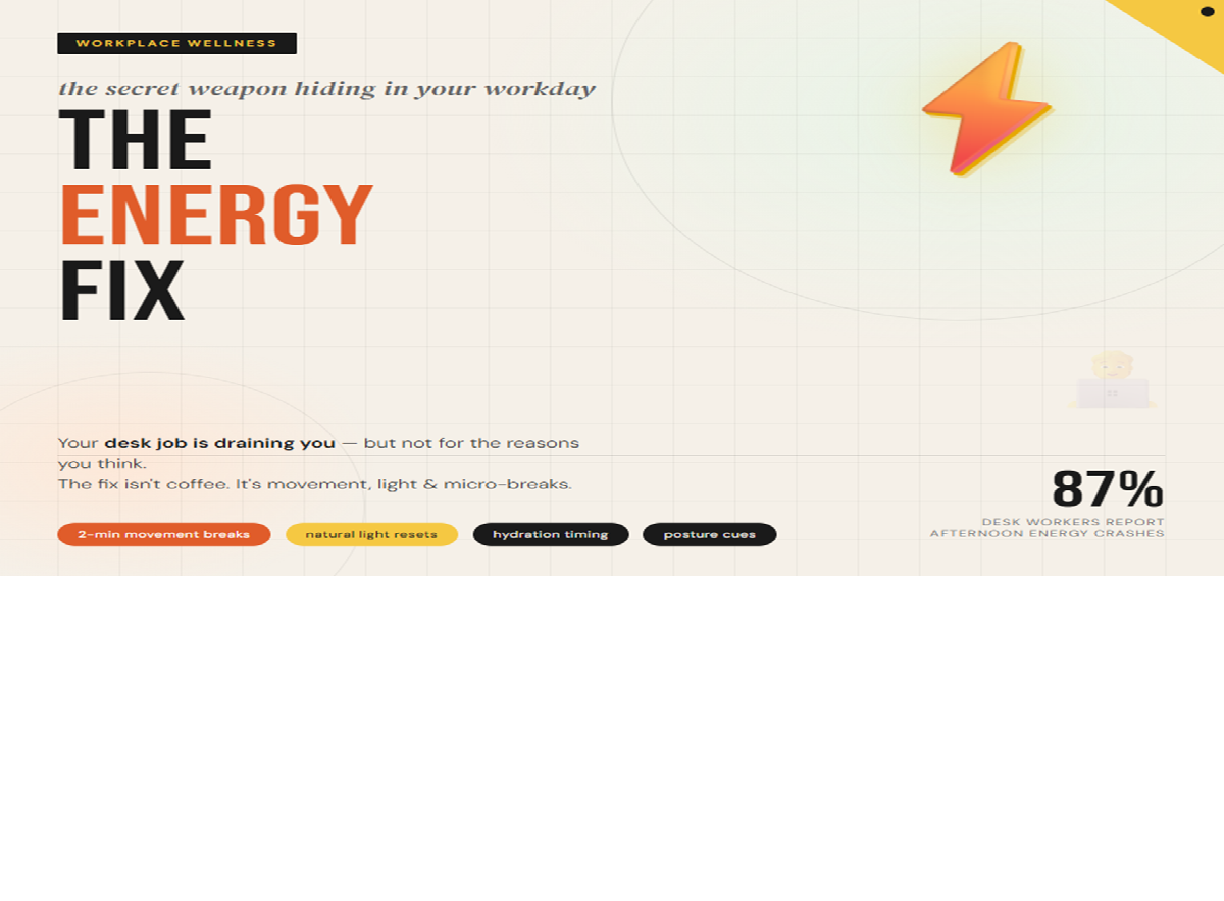At the highest levels of any sport, the main advantage one athlete can have over another is mental stamina. The following tips will help build your mental stamina so self-doubt, fatigue, and minor setbacks won’t affect your performance negatively in tough times.
1. Think Positive
Self-confidence is probably the most important mental characteristic that athletes need. Selfconfidence doesn’t just stem from physical ability. We’ve all seen highly-skilled athletes who lose their self-confidence and fall apart.
How do you get more self-confidence? One way is to listen to what you’re saying to yourself– maybe not even consciously. If you keep saying, ‘I’ll never be able to do this,’ before an event, then you won’t be able to do it. If you tell yourself positives enough times, you’ll make it true. Listen to what you’re saying about yourself. If what you hear is negative, correct it. Consciously think more positive thoughts.
In time, interrupting negative thoughts and replacing them with positive ones will have a real effect on your athletic performance. The mind leads the body.
2. Use Visualization
Visualization is a common technique for handling stress. When you’re overwhelmed, imagining yourself in a calm, soothing place for a few minutes can help you manage the stress. Athletes use it in other ways.
Some athletes use visualization right before a game to practice mentally. Visualization can give you a mental space to rehearse.
Visualize past achievements. Focus on times you felt really good, and remember that feeling. It can give you a real boost.
3. Plan for Setbacks
Every athlete has had an off day where you can’t seem to control your mistakes. These things happen. What really matters is what you do afterwards.
One of the things that separates elite athletes is their ability to hold up after a setback. They don’t spiral out of control. This isn’t just about your personality — it’s a skill you can learn. How can you regain your focus when things go wrong? You need to practice techniques to re-center yourself.
There’s no one way to do it. Some athletes have a ritualized physical routine — like a specific sequence of stretches. Others have a specific phrase that they repeat to themselves. Some play a specific song — in their heads if they can’t turn on their iPod. Others will take 30 seconds to do deep breathing.
The point is to know what to do when the pressure mounts. Having a plan in place — even if it’s as simple as a word you repeat to yourself — will help keep your focused and boost your confidence.
4. Manage Stress
Feeling stressed before a competition? Try techniques like meditation or progressive muscle relaxation — in which you consciously relax each muscle group, from your toes to your head.
Of course, you need some stress right before an athletic performance to perform at your best. Not all stress is bad. The fight or flight response can push you harder during an athletic competition.
Positive stress (excitement or eustress) and negative stress (anxiety or distress) really have the same physical effects. Your heart rate and breathing go up. Your pupils dilate.
The difference is how you experience these effects, which has a lot to do with how you perceive it. By following the steps above, you will be able to deal with stress much better. If excitement before a competition gets you amped up, that’s good. If it’s tipping you into panic, that’s bad. Remember that when you feel stress building, you have some control over how to interpret it.
5. Sleep More
Not only does sleep help athletes physically — allowing your body time to repair itself after a workout — but it also has mental benefits. Studies have shown that getting enough sleep can improve reaction time and split second decision making.
How much sleep do you need? Aim for at least seven to nine hours — and more if you’re under a lot of stress or doing intense workouts.
Develop a Plan to Build Your Mental Stamina
Of course, these tips are easier to read than to put into practice. No one gains mental stamina overnight — it’s a skill you have to learn. It takes a lot of work and time but it will be worth it in the end. Start working now to improve your mental stamina. But building your mental stamina has a lot of benefits for your game, your career, and life in general — and there is no cost to get started.
Please review our business at: Google Yelp Facebook
To learn more, please visit our Member’s Area to access our subscribed content.
Did you know you can work out and exercise with a trainer at your home, office, hotel room, or anywhere in the world with online personal training?
Like us on Facebook/Connect with us on LinkedIn/Follow us on Twitter
Make sure to forward this to friends and followers!






